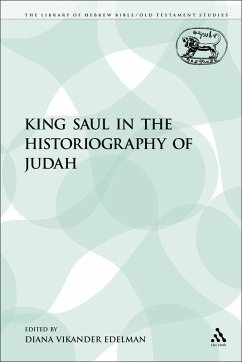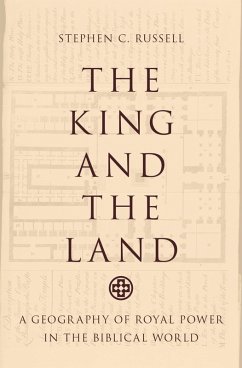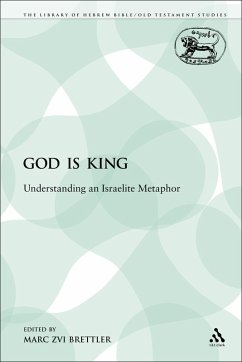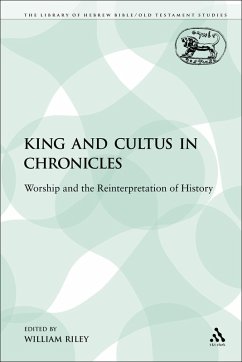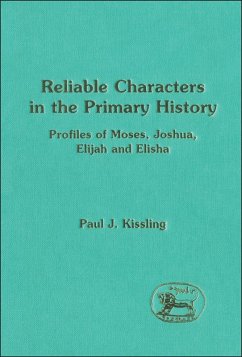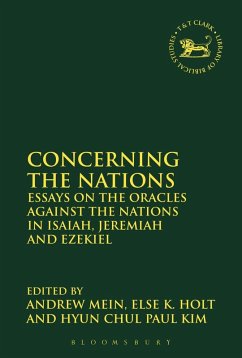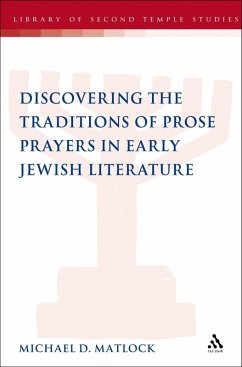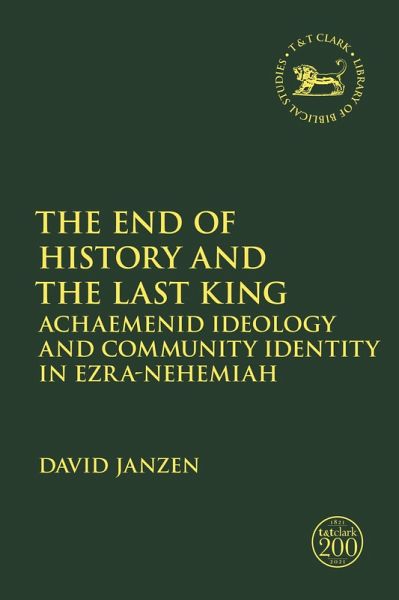
The End of History and the Last King (eBook, PDF)
Achaemenid Ideology and Community Identity in Ezra-Nehemiah
Versandkostenfrei!
Sofort per Download lieferbar
25,95 €
inkl. MwSt.
Weitere Ausgaben:

PAYBACK Punkte
13 °P sammeln!
This book examines community identity in the post-exilic temple community in Ezra-Nehemiah, and explores the possible influences that the Achaemenids, the ruling Persian dynasty, might have had on its construction. In the book, David Janzen reads Ezra-Nehemiah in dialogue with the Achaemenids' Old Persian inscriptions, as well as with other media the dynasty used, such as reliefs, seals, coins, architecture, and imperial parks. In addition, he discusses the cultural and religious background of Achaemenid thought, especially its intersections with Zoroastrian beliefs. Ezra-Nehemiah, Janzen argu...
This book examines community identity in the post-exilic temple community in Ezra-Nehemiah, and explores the possible influences that the Achaemenids, the ruling Persian dynasty, might have had on its construction. In the book, David Janzen reads Ezra-Nehemiah in dialogue with the Achaemenids' Old Persian inscriptions, as well as with other media the dynasty used, such as reliefs, seals, coins, architecture, and imperial parks. In addition, he discusses the cultural and religious background of Achaemenid thought, especially its intersections with Zoroastrian beliefs. Ezra-Nehemiah, Janzen argues, accepts Achaemenid claims for the necessity and beneficence of their hegemony. The result is that Ezra-Nehemiah, like the imperial ideology it mimics, claims that divine and royal wills are entirely aligned. Ezra-Nehemiah reflects the Achaemenid assertion that the peoples they have colonized are incapable of living in peace and happiness without the Persian rule that God established to benefit humanity, and that the dynasty rewards the peoples who do what they desire, since that reflects divine desire. The final chapter of the book argues that Ezra-Nehemiah was produced by an elite group within the Persian-period temple assembly, and shows that Ezra-Nehemiah's pro-Achaemenid worldview was not widely accepted within that community.




